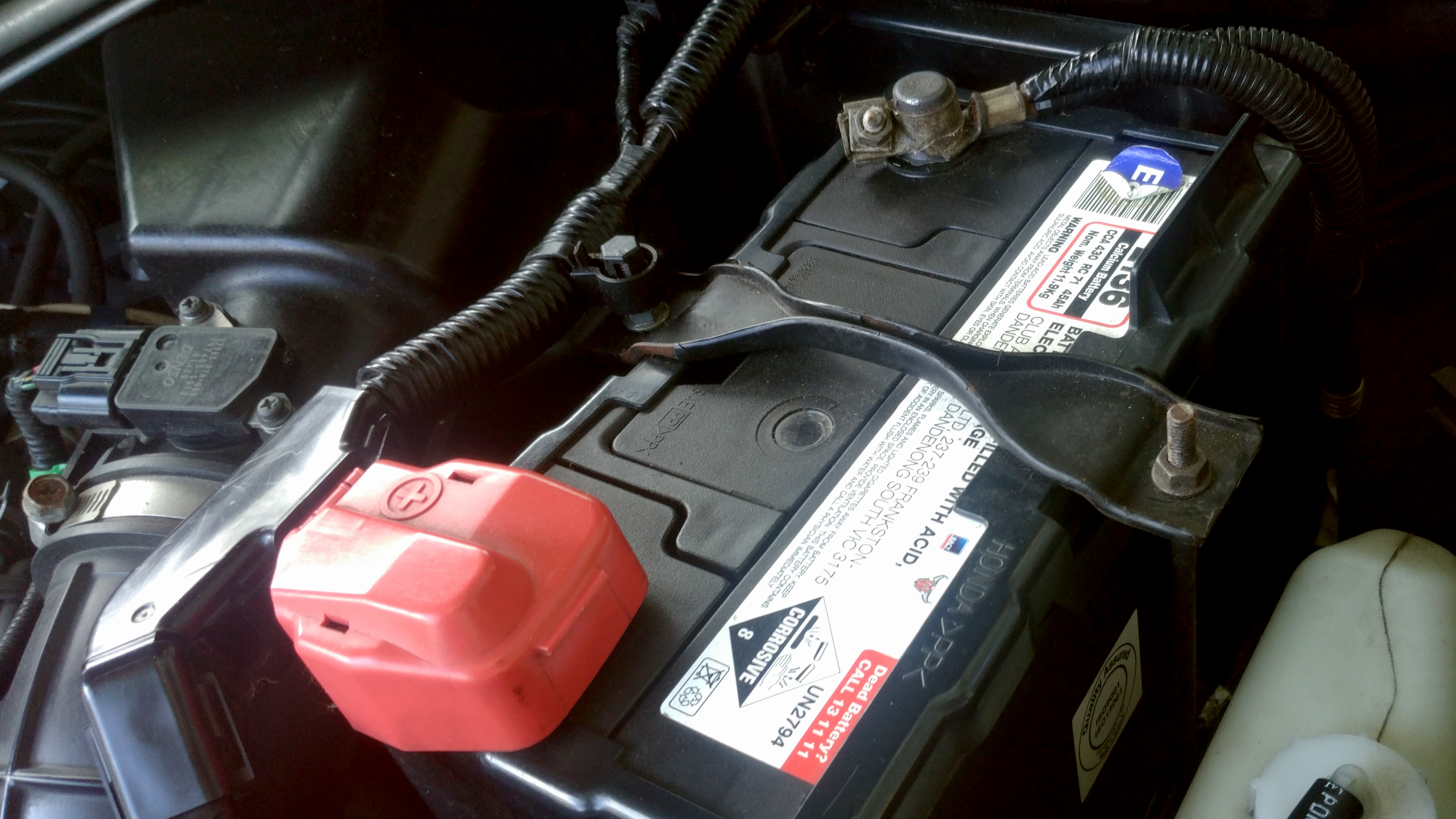Let’s be real – car batteries aren’t the most glamorous part of your vehicle, but they’re one of the most essential. Still, there are loads of myths floating around about how they work, how long they last, and what actually kills them. So today, let’s clear the air. Here’s a no-nonsense breakdown, busting some of the biggest car battery myths we’ve heard.
Myth 1: Car batteries last forever if you don’t use your car much
This one sounds right – but it’s completely off. In fact, not driving your car regularly is one of the worst things you can do for your battery. When your car sits idle for long periods, the battery slowly discharges. If it gets too low, it can even cause permanent damage. Modern vehicles often have systems that keep drawing power (like immobilisers, sensors, clocks), which can drain your battery over time. So even if your car is just sitting in the driveway, the battery is still doing some work.
Myth 2: You only need to replace a battery when it dies completely
Nope. Waiting for your battery to completely cark it isn’t the smartest move. Most car batteries start to show signs of age before they fail completely, like slower engine cranking, dim headlights, or warning lights on the dash. A professional check can tell you how much life is left in your battery and whether it’s worth replacing. It’s always better to get ahead of it than find yourself stuck with a car that won’t start in the middle of nowhere.
Myth 3: All car batteries are the same
We wish! There are actually heaps of different battery types, sizes, and technologies, depending on your car’s needs. A small hatchback won’t use the same battery as a big 4WD or a modern stop-start vehicle. Using the wrong battery can cause all sorts of issues from poor performance to damaging your electrical system. That’s why at Autospark, we match your car to the right battery, every time.
Myth 4: You can recharge a dead battery by driving around the block
If your battery is a little low, a good drive might give it a boost – if it’s dead flat, driving around the block isn’t going to cut it. Modern alternators are designed to maintain a battery’s charge, not bring a dead one back to life. If you’ve had to jumpstart your car, take it for a solid 30–60 minute drive or better yet, get it tested. If the battery won’t hold charge, it’s probably time for a replacement.
Myth 5: Cold weather is the main reason batteries die
We hear this one a lot, and it’s only partly true. Cold weather does affect battery performance. It slows down the chemical reactions inside the battery, making it harder to crank the engine. But here in Australia, it’s often the opposite. Heat is actually the bigger killer. High temperatures speed up corrosion inside the battery and can cause the electrolyte to evaporate faster, especially in older units.
Myth 6: Maintenance-free batteries don’t need any attention
“Maintenance-free” doesn’t mean “never think about it again.” These batteries are sealed and don’t need water top-ups, but they still need to be tested occasionally, especially before long trips or if your vehicle is older. They can still wear out, degrade, and eventually fail, just like any other part of your car. A quick health check every service is a smart way to avoid problems down the line.
Myth 7: Turning off all electronics will save your battery from dying
Sure, turning off lights, the radio, and AC when the engine’s off is a good habit, but it won’t protect a battery that’s already on its last legs. If your battery is weak or old, even small electrical draws can be enough to flatten it. Electronics can be a factor but they’re not the root cause. Batteries wear out over time, and no amount of switching things off will change that.
Myth 8: If my battery is dead, I must need a new one
Not necessarily. Sometimes, a flat battery is just a symptom of something else like a faulty alternator, parasitic draw, or bad connection. That’s why we always recommend getting a full diagnostic check before replacing it. At Autospark, we find the actual cause of the problem. That way, you’re not spending money on a new battery when the real issue is something else entirely.
The Takeaway
There’s a lot of dodgy advice out there when it comes to car batteries but you don’t have to fall for it. Regular testing, using the right battery, and paying attention to early warning signs will go a long way to keeping your car reliable and your mornings drama-free.
If you’re experiencing battery-related issues or need a professional check-up, Autospark offers expert battery diagnostics and replacement services. Contact us today to ensure your vehicle stays powered and reliable.





